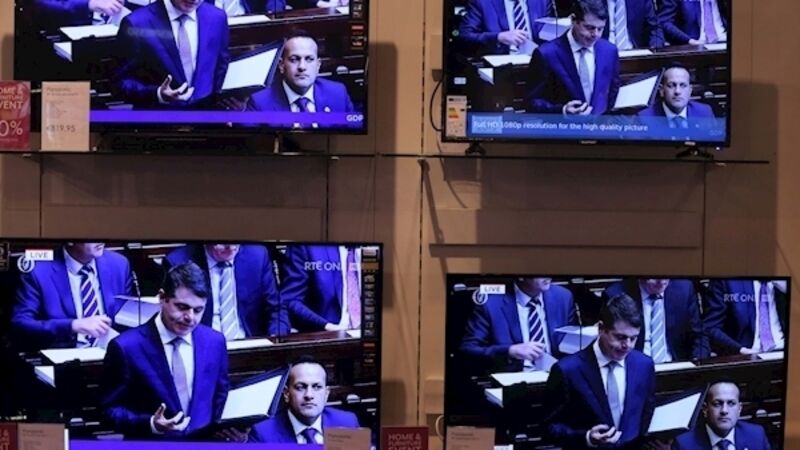Well-off home buyers look set to be locked out help-to-buy scheme as part of Budget 2020

Well-off home buyers look set to be locked out of the help-to-buy scheme as part of Budget 2020.
Last-minute negotiations around spending for next year are also focused on preventing a backlash over carbon tax rises with remedies for fuel poverty, particularly in rural areas.













